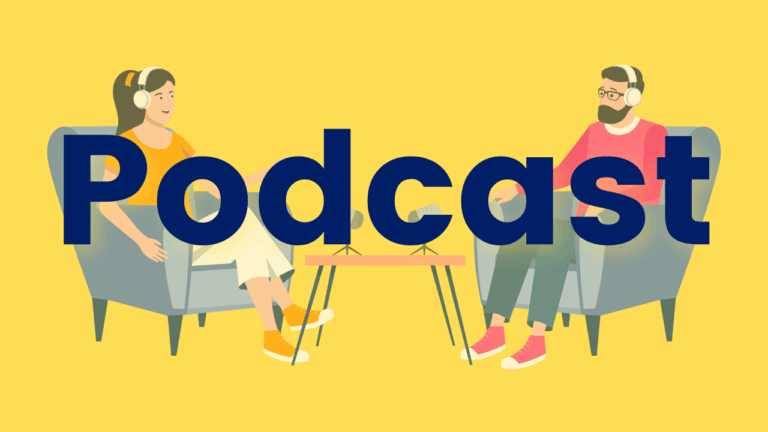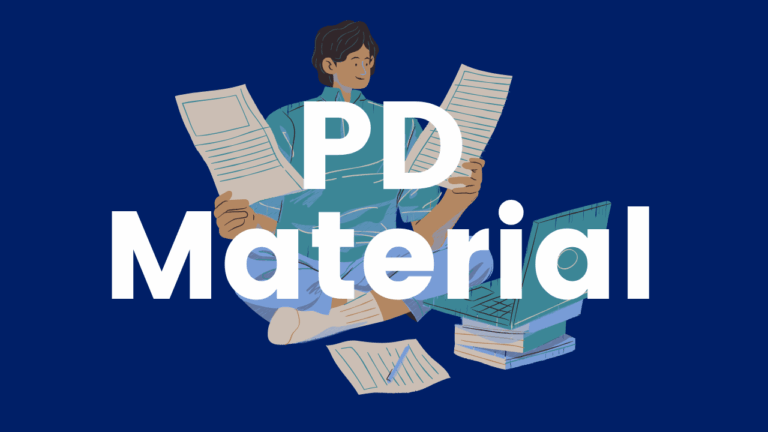Reading Road Trip: Effective Early Literacy Instruction with Dr. Sonia Cabell
In this episode, host Kate Winn welcomes Dr. Sonia Cabell for a candid discussion about five key research-based elements of early language and literacy instruction for young children.





